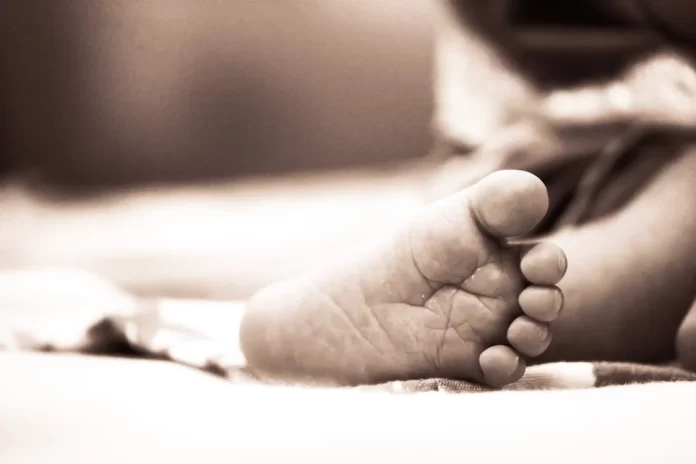
By
A new report reveals fewer American babies are living until their first birthday. The data, released on Nov. 1 by the Centers for Disease Control and Prevention (CDC), revealed a 3% rise in infant death rates — the largest year-to-year increase in two decades, according to the agency.
A total of 20,538 infants were lost between 2021 and 2022, the CDC’s “Vital Statistics” provisional report notes.
Black infants remained at the highest risk of death of all races and ethnicities at 10.86 deaths per 1,000 live births in 2022, compared to a rate of 10.55 in 2021. Despite the increase, the CDC said the change was “not statistically significant.”
American Indian and Alaska Native infants saw the greatest uptick in deaths, rising from 7.46 infant deaths per 1,000 live births to 9.06. Numbers for Pacific Islanders increased from 7.76 to 8.50, Hispanic infants from 4.79 to 4.88, and white infants from 4.36 to 4.52.
Dr. Elizabeth Cherot, President and CEO of March of Dimes — a family health nonprofit — said her organization is disheartened by the report.
“It’s disappointing to see such a significant increase in infant deaths after the country has witnessed a steady decline over the last 10 years,” she said in a statement.
Asian infants were reportedly the only group to experience a decrease during the 2021-2022 period, dipping from 3.69 to 3.50 deaths per 1,000 live births.
Leading Causes of Infant Death
The researchers gathered data by reviewing infant birth and death records. Among the leading causes of death, they found an increase in newborn bacterial sepsis — a body-wide infection spread through the bloodstream — and pregnancy complications.
Black women are three times more likely than white women to die from a pregnancy-related cause and nearly four times more likely to birth low-weight or preterm babies, a common cause of infant death, according to the CDC.
“Multiple factors contribute to these disparities, such as variation in quality healthcare, underlying chronic conditions, structural racism, and implicit bias,” the CDC wrote. “Social determinants of health prevent many people from racial and ethnic minority groups from having fair opportunities for economic, physical, and emotional health.”
Dr. Sandy Chung, president of the American Academy of Pediatrics, called the rise in infant deaths “disturbing and disappointing.” Despite spending more on health care than any other high-income country, the United States has the highest infant and maternal mortality rate.
“We live in a country with abundant resources. Yet the infant mortality rate in the United States is shockingly high. There are many different reasons for this,” Chung said in a statement. “We do know that families in poverty face many challenges including access to nutritious food and affordable health care. Racial and ethnic disparities related to accessible health care — including prenatal health services — are just one of the many possible reasons for lower birth weights of babies and sometimes, infant deaths.”
Resources for Black Families
- Black Love: A docu-series with six seasons of love stories on Black couples. The film project features interviews with a husband and wife who search for healing after the loss of an infant. Watch the original episode on Oprah.com and the after-show on YouTube.
- Black Moms in Loss Support Group: A free virtual support group for Black mothers grieving the loss of a pregnancy or infant. The group meets on Thursdays at 8 p.m. EST and is a partnership of Sisters in Loss and Postpartum Support International. Sign-up here.
- The Mourning After: A Black Infant Mortality Anthology: A new book by Black maternal advocacy non-profit Zeal of Xander, Inc. that highlights the experiences of Black women who have lost their children to miscarriage, preterm labor, terminal medical diagnosis, and stillbirth. The anthology features essays from providers and aims to raise awareness about the Black infant mortality crisis.
- Sisters in Loss Podcast: A podcast dedicated to “replacing silence with storytelling around pregnancy and infant loss and infertility of Black women.” Founded by Erica M. Freeman, a grief specialist who experienced a stillbirth and a miscarriage, the episodes cover contributing factors for infant loss, healing and overcoming grief, finding refuge in spirituality and community, and more. Listen here.

